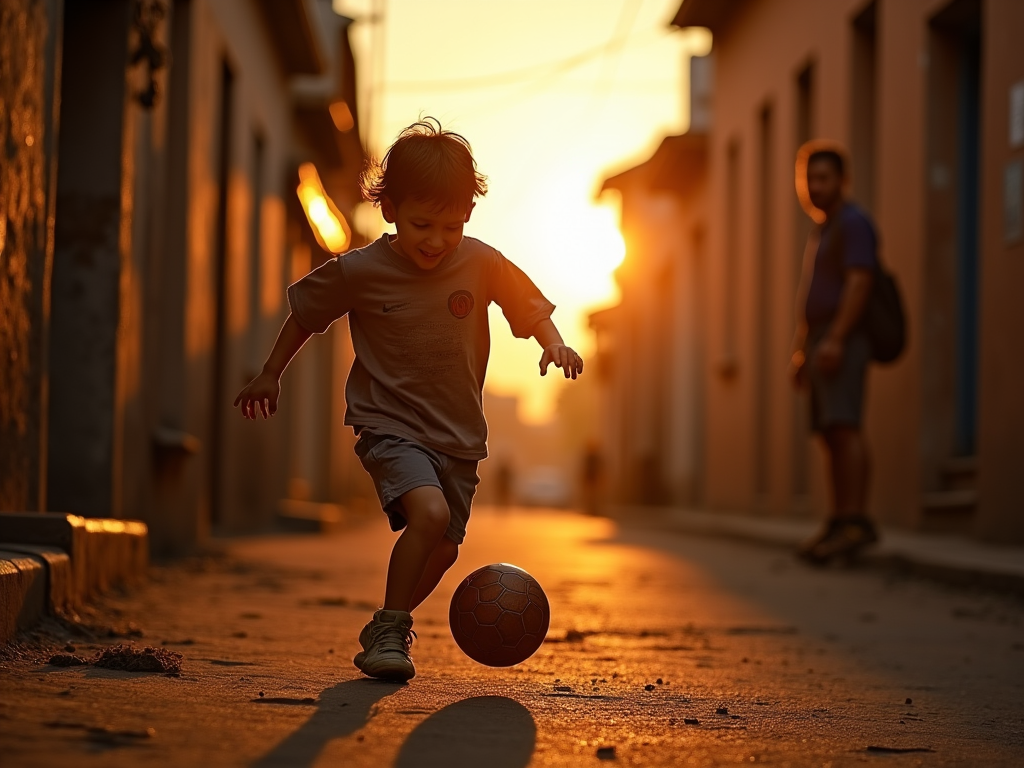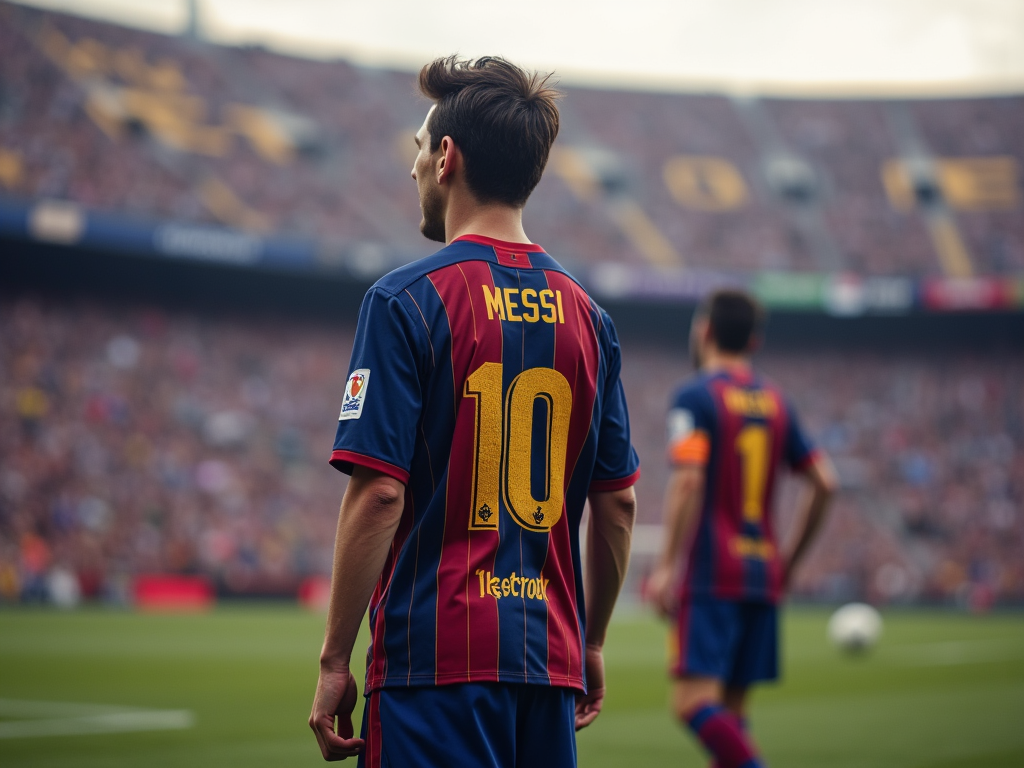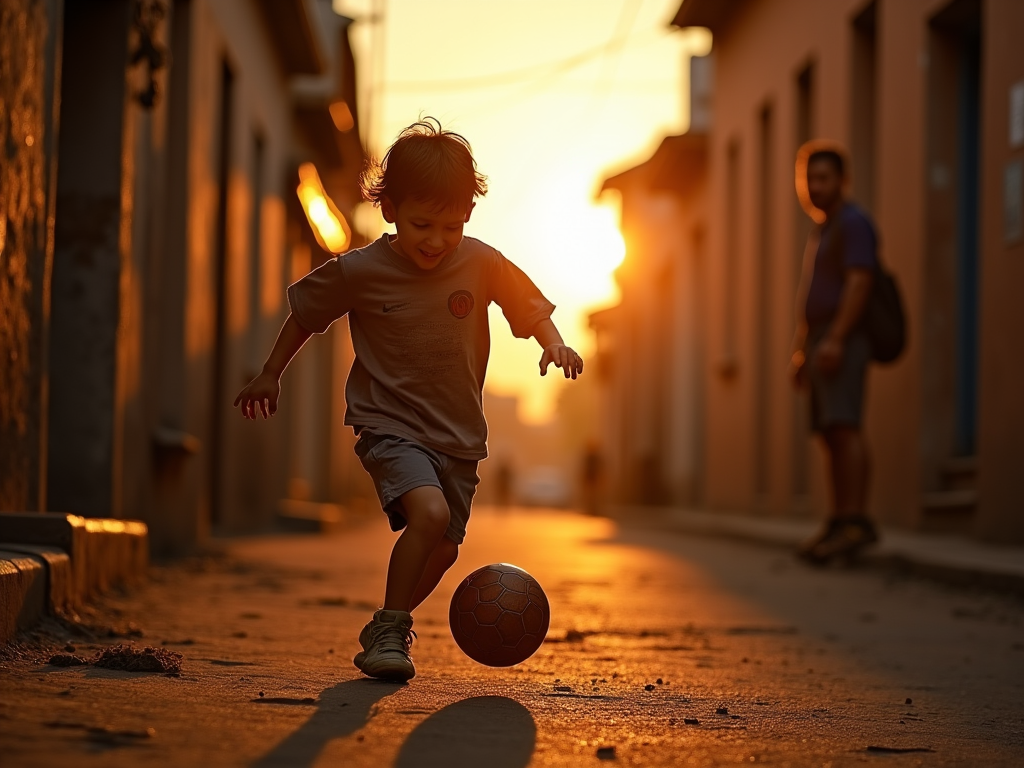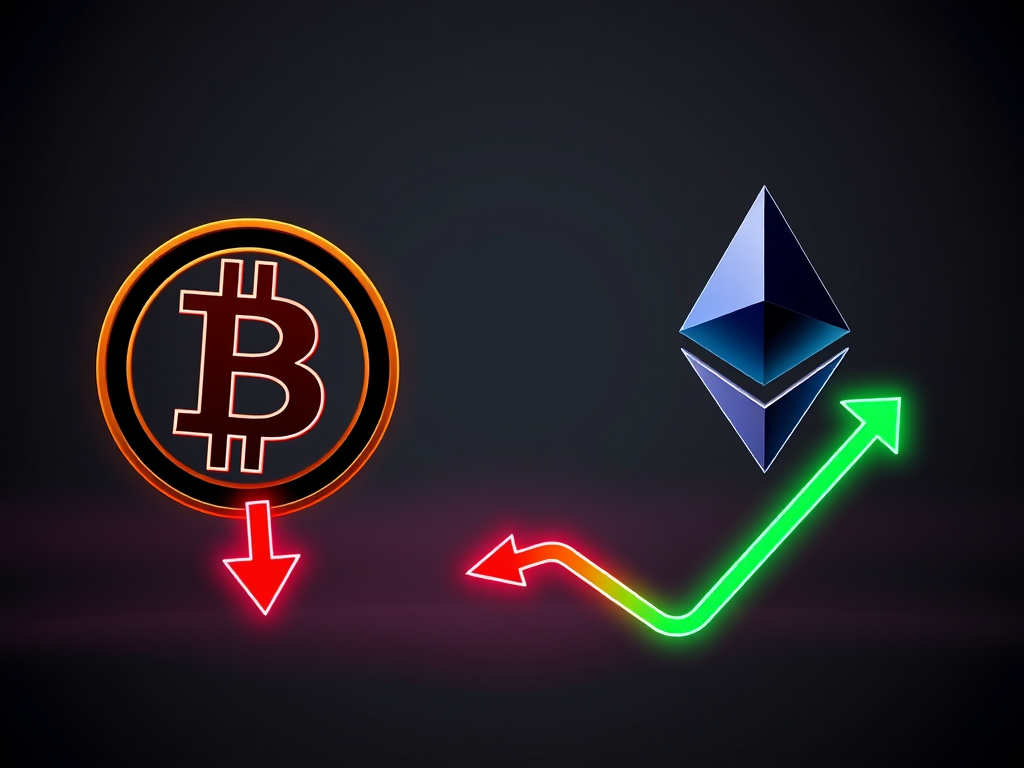Chapter 1: The Formative Years
The dusty streets of Rosario, Argentina, echoed with the rhythmic thumping of a small boy’s feet against a worn leather football. Lionel Messi moved with an unusual grace, the ball seemingly an extension of his body, weaving between makeshift obstacles with an intuition that defied his young age. At just five years old, he was already different—not just in his extraordinary relationship with the ball, but in the challenges that would define his early life. His father Jorge watched from a distance, a mix of pride and concern etched across his weathered face. The Messi family knew their youngest son was special, but they also understood the obstacles that lay ahead. Lionel was smaller than other children his age, his body struggling against a condition that threatened to steal his dreams before they could fully take shape. Growth hormone deficiency—a diagnosis that would have crushed the spirit of most children—became the first great challenge of Lionel’s life. The medical reports were stark: without treatment, he would remain significantly shorter than his peers, his physical development stunted. The cost of treatment was astronomical for his working-class family, a seemingly insurmountable barrier to his potential future. But something burned inside young Lionel—a determination that would become his greatest weapon. When other children ran and played, he practiced. When doctors spoke of limitations, his family saw only possibilities. His mother María, a fierce protector, refused to let the diagnosis define her son’s destiny. At Grandoli, the local football club where Lionel first learned to play, coaches marveled at his extraordinary skill. He was small, yes, but he moved with a fluidity that made other children look static. The ball responded to him like a loyal companion, changing direction with a subtlety that suggested something more than mere practice—this was instinct, a natural language that Lionel seemed to speak perfectly. His older brothers, Matías and Rodrigo, became his first teammates and harshest critics. They pushed him, challenged him, understanding even then that Lionel possessed something remarkable. In the narrow streets and makeshift pitches of Rosario, a legend was taking his first steps. The family’s sacrifice would become legendary. Jorge worked extra hours, María managed their modest household, all while seeking ways to fund the growth hormone treatments that would give Lionel a fighting chance. Each injection was more than a medical procedure—it was an investment in a dream that seemed both impossible and inevitable.


Messi: A Football Legend – Chapter 2: Ascendancy to Stardom
The Camp Nou stadium pulsed with electric anticipation as a young Lionel Messi stepped onto the pitch. At just 17 years old, his slight frame belied an extraordinary talent that would soon revolutionize football. Barcelona’s coaching staff had recognized something exceptional in this Argentine teenager – a magical combination of technique, vision, and an almost supernatural understanding of the game. His growth hormone deficiency, once a potential career-ending challenge, now seemed like a distant memory. The medical treatments funded by Barcelona had transformed his physical limitations into a narrative of resilience. Each dribble, each movement was a testament to his unwavering determination. Barcelona’s youth academy, La Masia, had produced many talents, but Messi was different. His low center of gravity, incredible ball control, and lightning-quick acceleration made defenders look like statues. Frank Rijkaard, Barcelona’s coach at the time, saw in Messi a generational talent that needed nurturing and strategic deployment. By 2005, Messi wasn’t just playing football; he was redefining how the game could be played. His left foot became a precision instrument, capable of threading impossible passes and scoring goals that seemed to defy the laws of physics. The Camp Nou crowd began to recognize that they were witnessing something extraordinary – a player who could single-handedly change the dynamics of a match.










